 My friend is one of the most accomplished people I know. Recently, I had a conversation with her in which, amid tears, she shared that she felt like a failed daughter, friend, and student. We had barely seen each other the week before and were comparing our calendars to find a time to hang out or get a meal. We struggled to find one hour to spend together within the next five days. I shared that I was disappointed, not at her or myself, but rather at the fact that we exist in an environment where finding time for our friendship was so difficult. Talking about our various engagements opened up a conversation about the pressure she feels to achieve and prove herself in all sectors of her life. Prioritizing one of these sectors led her to fall behind in another, creating a vicious cycle in which she felt like she could never do enough.
My friend is one of the most accomplished people I know. Recently, I had a conversation with her in which, amid tears, she shared that she felt like a failed daughter, friend, and student. We had barely seen each other the week before and were comparing our calendars to find a time to hang out or get a meal. We struggled to find one hour to spend together within the next five days. I shared that I was disappointed, not at her or myself, but rather at the fact that we exist in an environment where finding time for our friendship was so difficult. Talking about our various engagements opened up a conversation about the pressure she feels to achieve and prove herself in all sectors of her life. Prioritizing one of these sectors led her to fall behind in another, creating a vicious cycle in which she felt like she could never do enough.
I relate to this friend deeply. I have felt an underlying pressure to constantly be achieving throughout my time at Davidson, and finally, years of fatigue from this pressure culminated into an intense sense of burnout. During the spring of my junior year, I wasn’t engaged in my classes, I stopped showing up to my involvements and I gave up on taking care of myself. While I would hate to relive this period of my life, I am extremely grateful for the ways it pushed me to question my perfectionistic tendencies.
Perfectionism, as I understand it in its most basic sense, is the inability to accept anything less than perfection. Perfectionists set high standards for themselves, and, oftentimes, they are able to meet most of these expectations. At the same time, perfectionists often feel a sense of worthlessness and low self-esteem if they fail or make mistakes. It feels sort of silly to be defining perfectionism because, chances are, you or someone you know may have acted like a perfectionist at some point in your life. During my time at Davidson, I have become more and more aware of the impact perfectionism has on myself, my friends, and my classmates. I have made a sincere effort to unlearn perfectionistic tendencies, although I’m not sure if I have made much progress. Does that mean I’m being a perfectionist about trying not to be a perfectionist? Maybe!
The Davidson environment, at times, can often foster and even encourage perfectionism. Because of the lofty expectations set for “high-achieving” and “elite” students, Davidson students tend to struggle to prioritize their health over assignments and extracurriculars. When a student feels behind or has a large assignment coming up, sleep and time with friends are often the first to go. And this is the norm. Students readily accept that their success in a class must come at the cost of their mental and physical health. When doing well in a class becomes unbearably stressful, students stop enjoying the content. Learning becomes a means to an end rather than something that enriches their lives and develops them as people.
Time for rest and leisure in the Davidson lifestyle is scarce. There seems to be an underlying expectation that unless someone has another commitment, they should use as much time as possible for studying. Every hour of the day must be filled. Downtime is lost time. A day without homework is a day wasted. Even when a student chooses to spend time with friends or do an activity apart from work, their workload continues to exist in the back of their mind. Their thoughts are constantly cluttered with their to-do list. Back in my junior year when I started to take action against my own perfectionistic tendencies, I felt a constant nagging in the back of my mind. Occasionally choosing friends over assignments and taking time to cook and exercise resulted in constantly having to remind myself that these seemingly simple and insignificant practices were crucial to my well-being.
I want to be clear that I think setting goals and working hard are extremely valuable practices. I think my peers and classmates at Davidson are brilliant, and I admire their skills and talents. At the same time, when their achievements come at an extreme cost to themselves or others, I don’t think it’s worth admiration. These practices are only beneficial in moderation.
While many in the Davidson community pride themselves on pushing to better themselves, it can at times feel like overkill as students strive to involve themselves in everything they possibly can. Students are undoubtedly impacted by high expectations set by professors and the competitive nature of the job market. But, ultimately, students are the ones who push for the perfect grade or perfect resume. This means that we have the autonomy to choose what we prioritize. I don’t have to get an A. My friend doesn’t have to get an A. You have intrinsic worth apart from grades and accomplishments. We have the power to remind our friends of this and keep them accountable for taking care of themselves. It’s alright to prioritize rest, health, and friends. Getting a B or a C in a class is worth your well-being. It shouldn’t be controversial to say that.
Miriam Smith ‘25 is a language and migration studies major from Hendersonville, NC and can be reached for comment at [email protected].

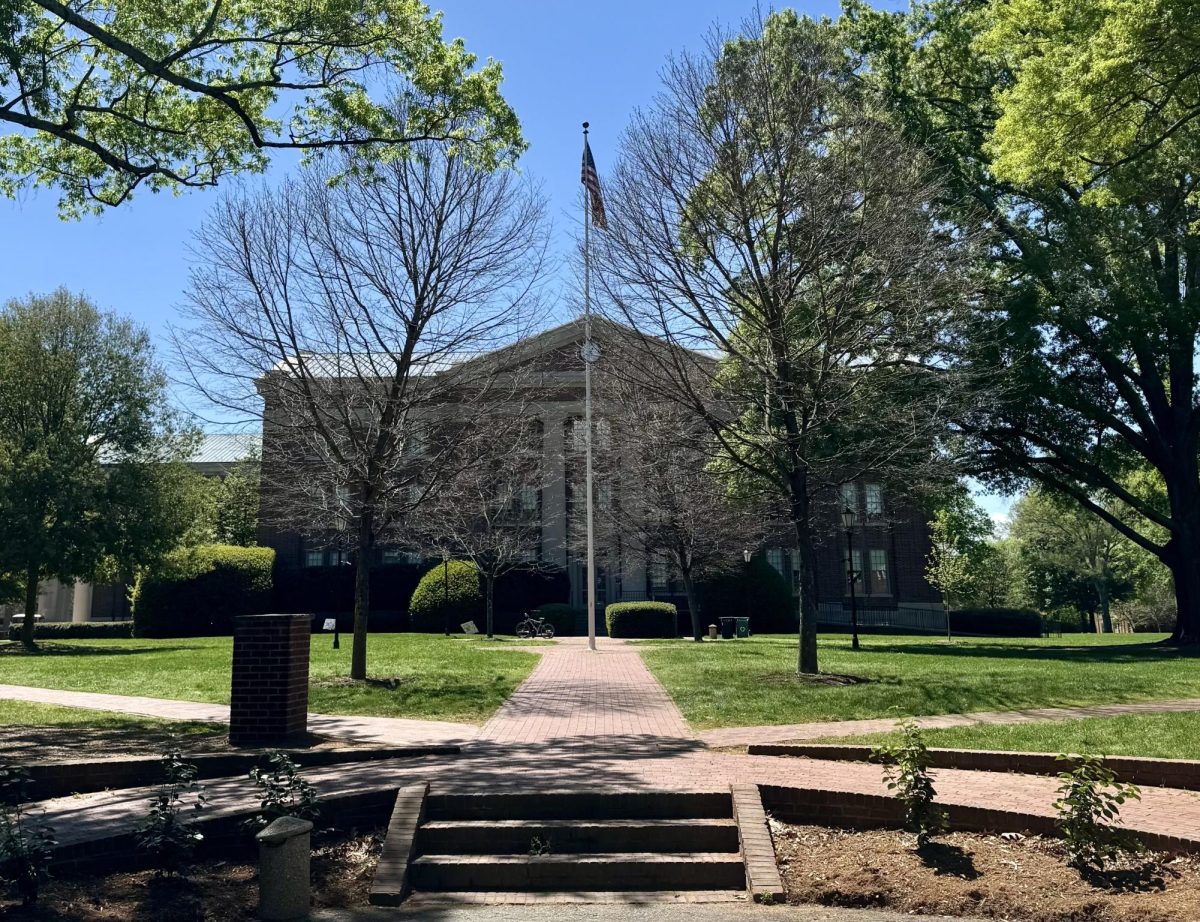





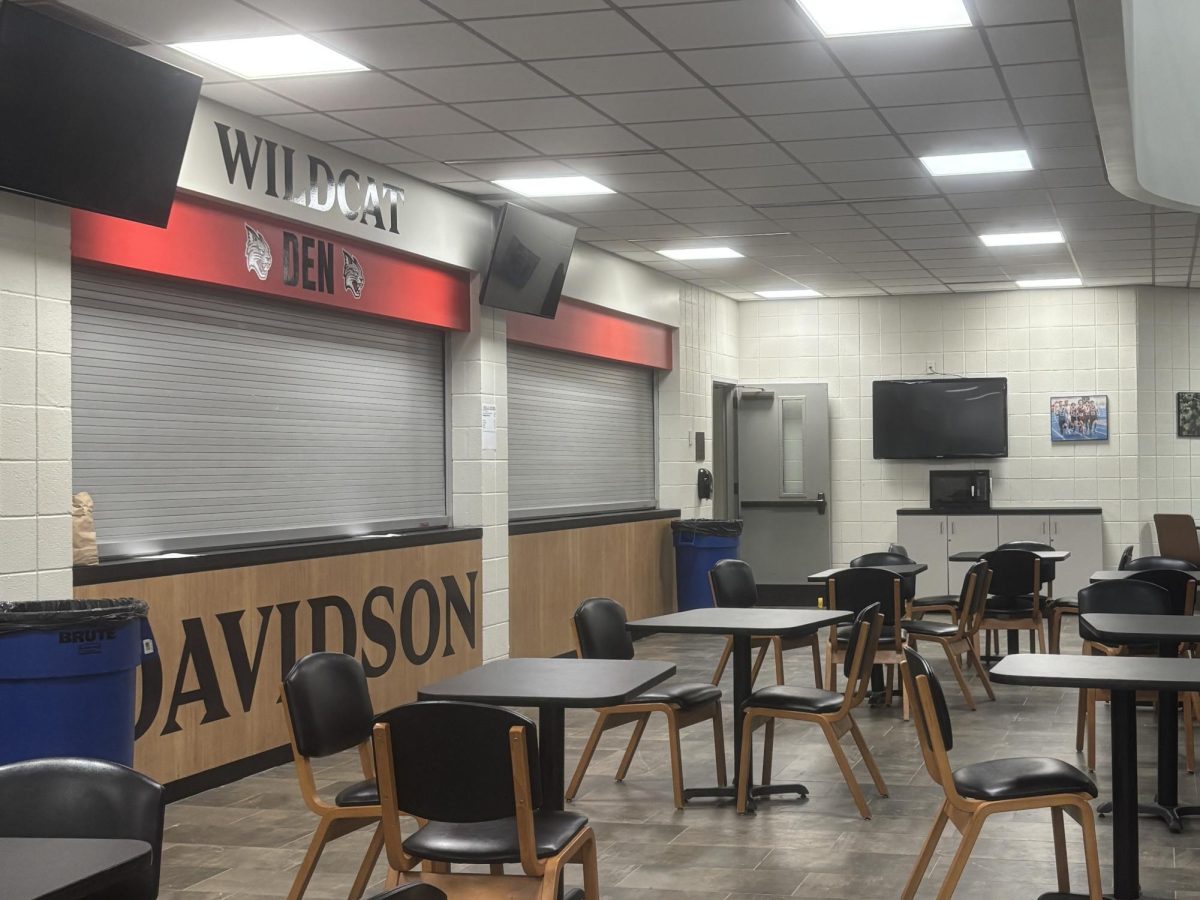


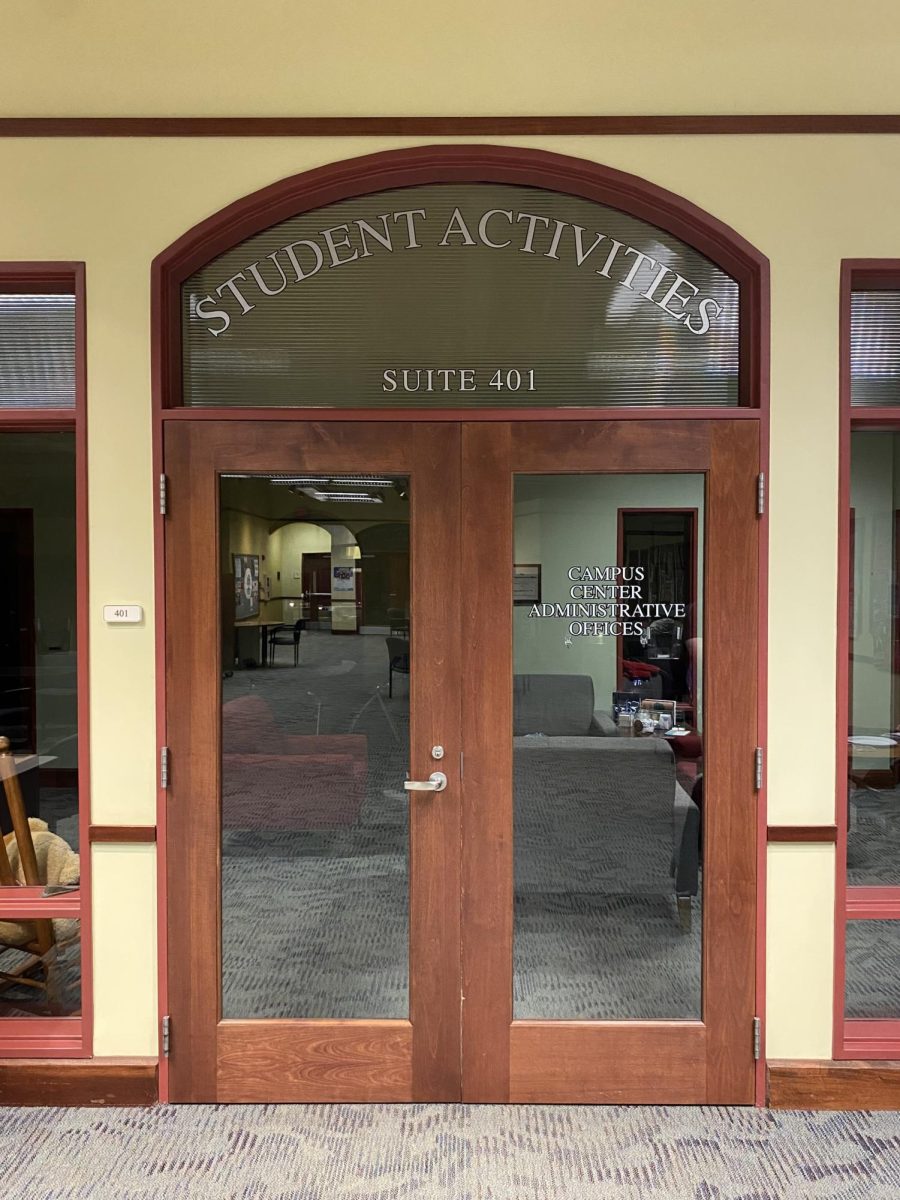





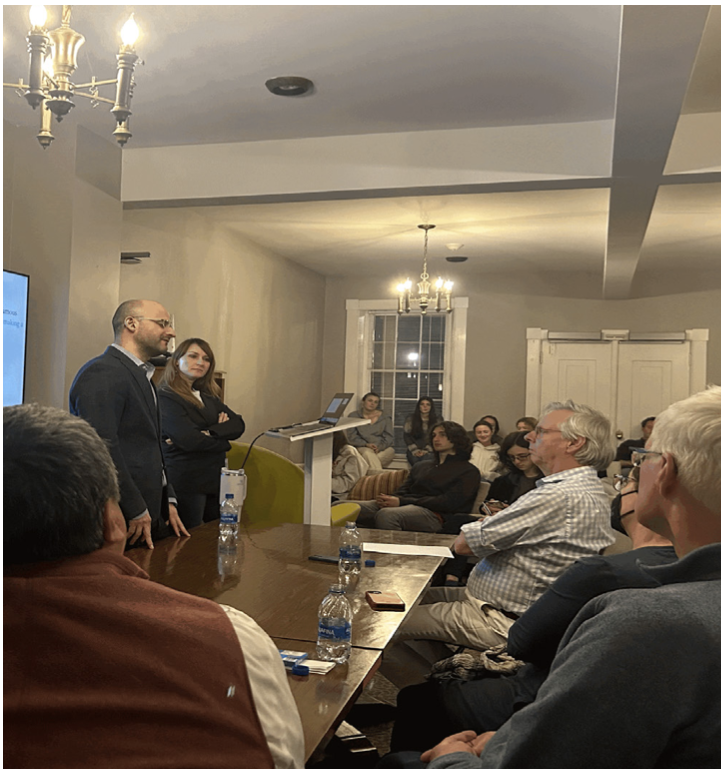
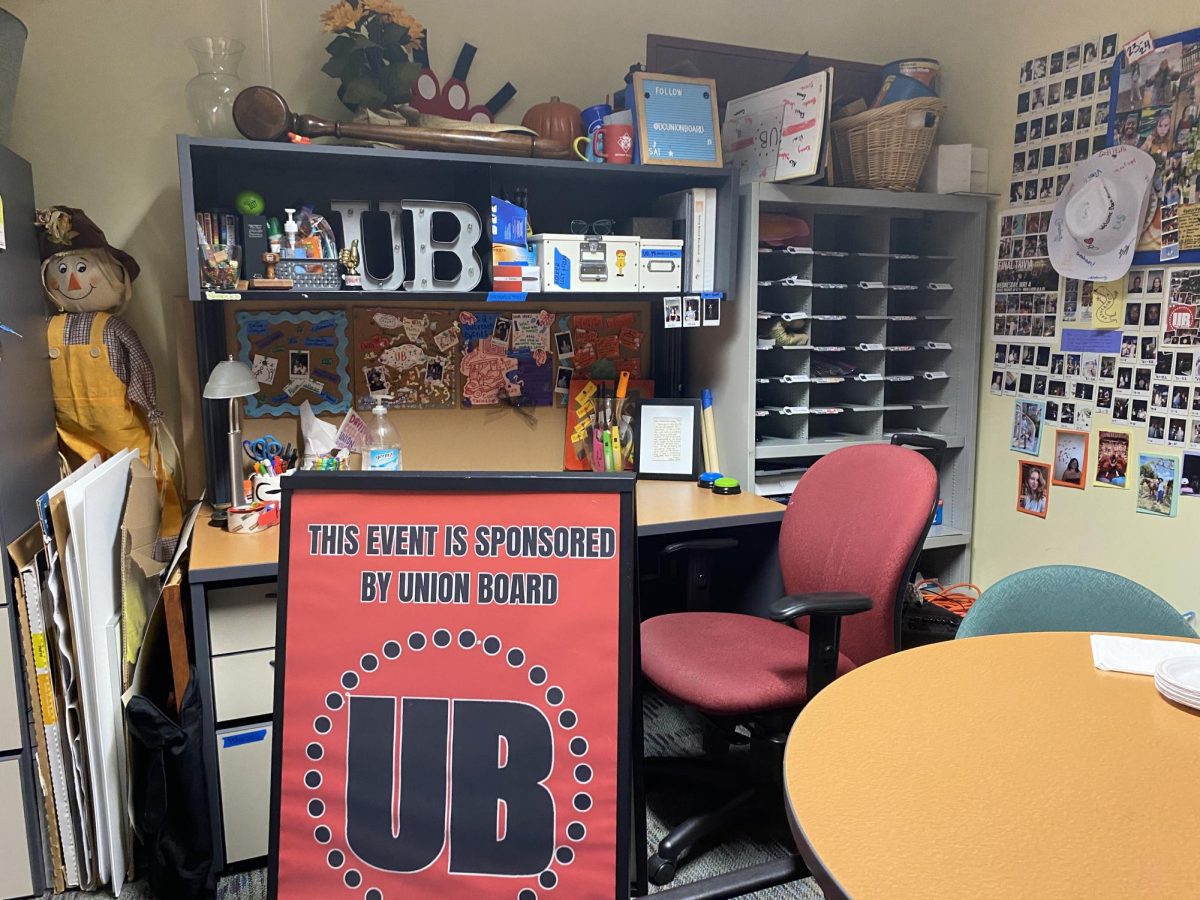

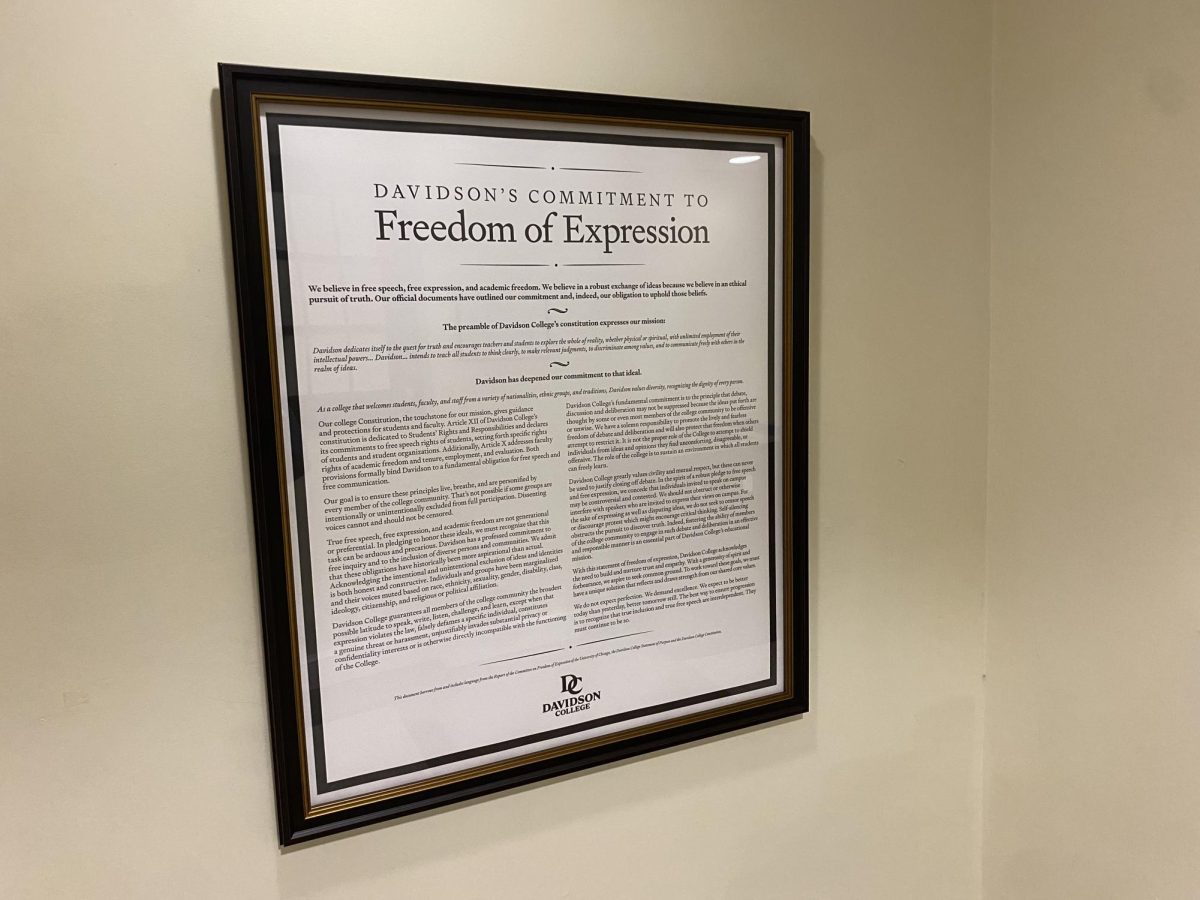

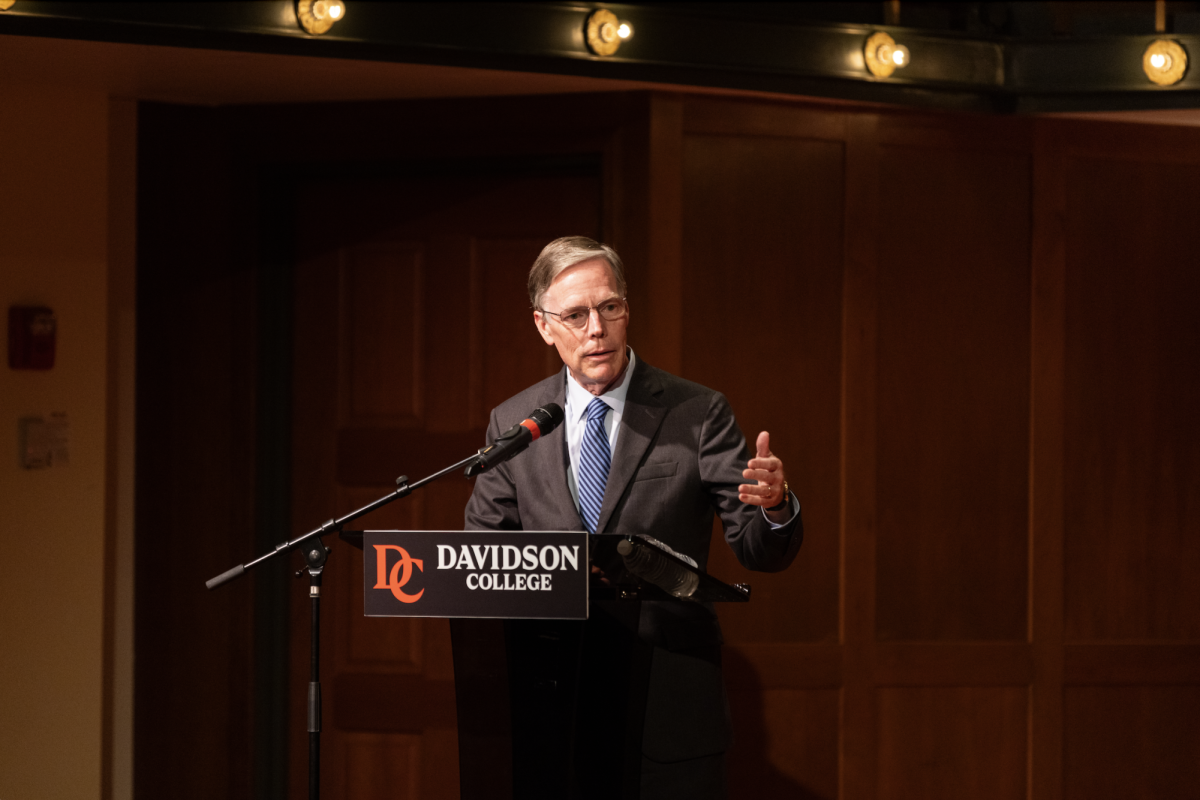





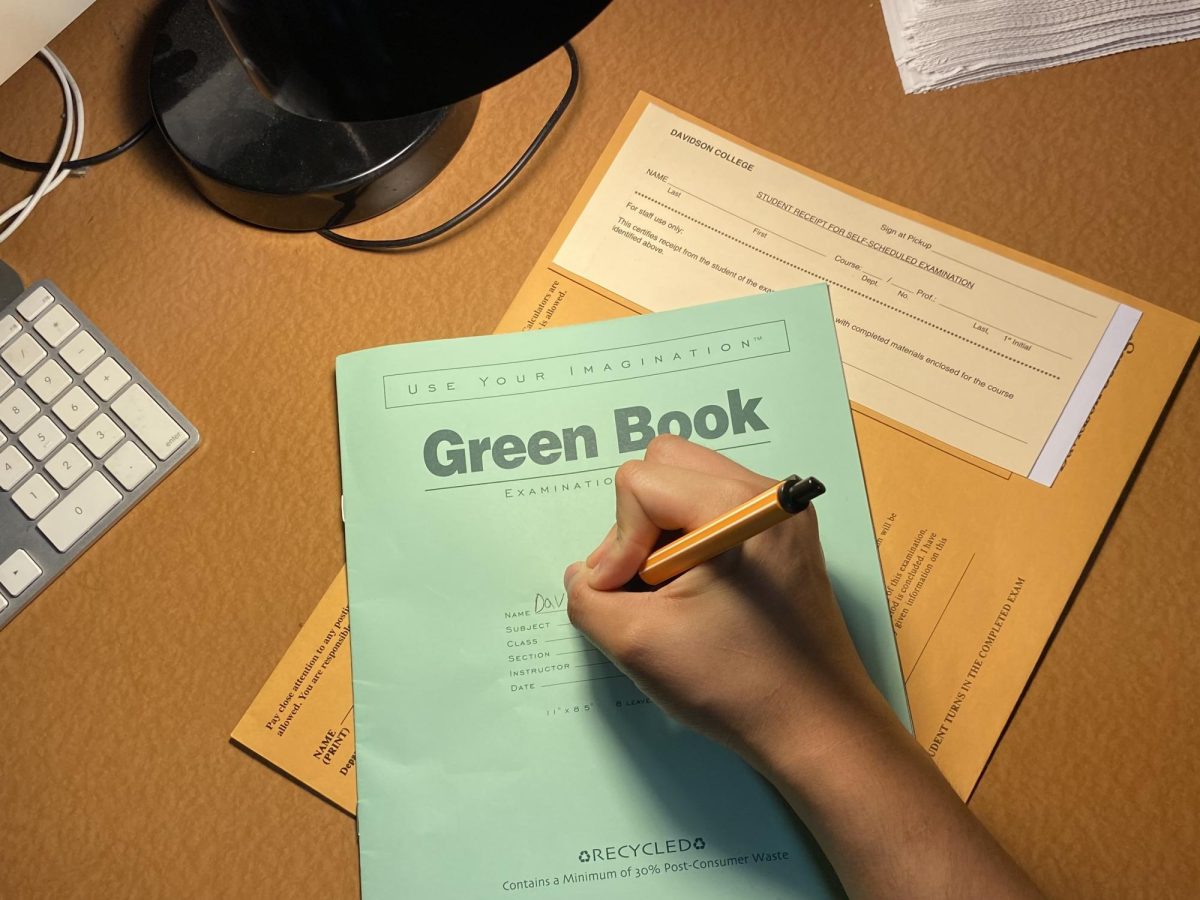
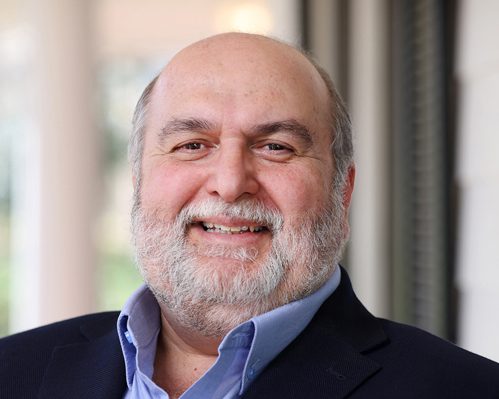
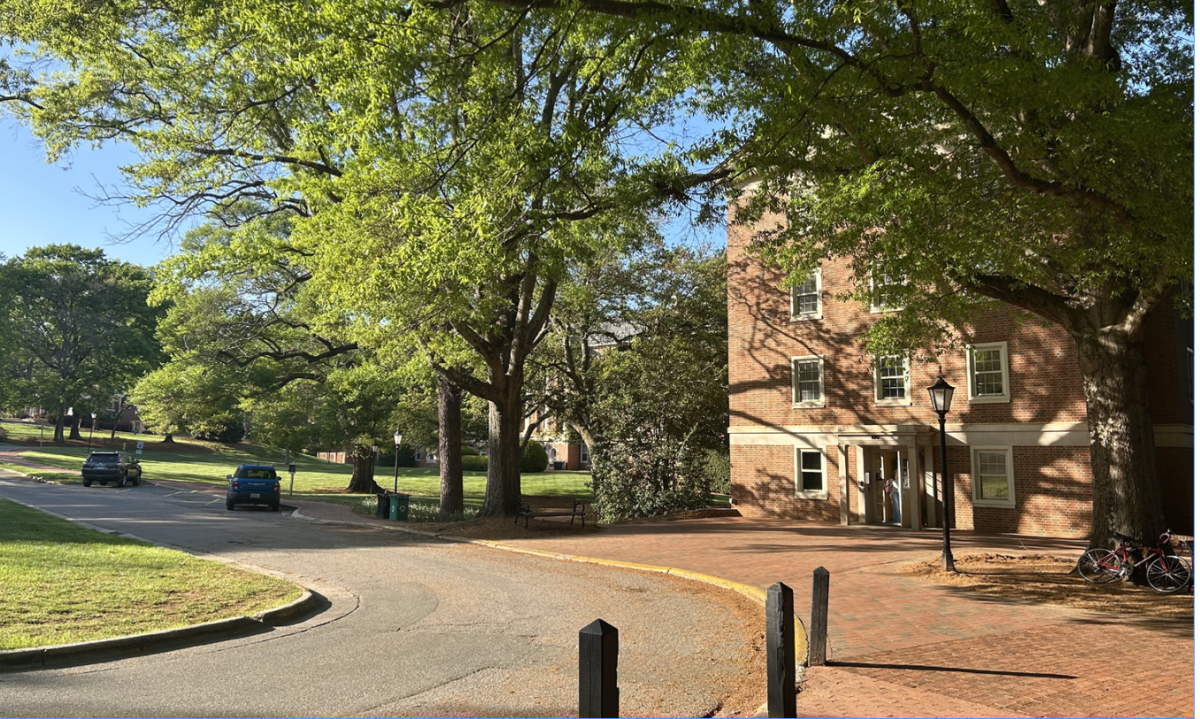


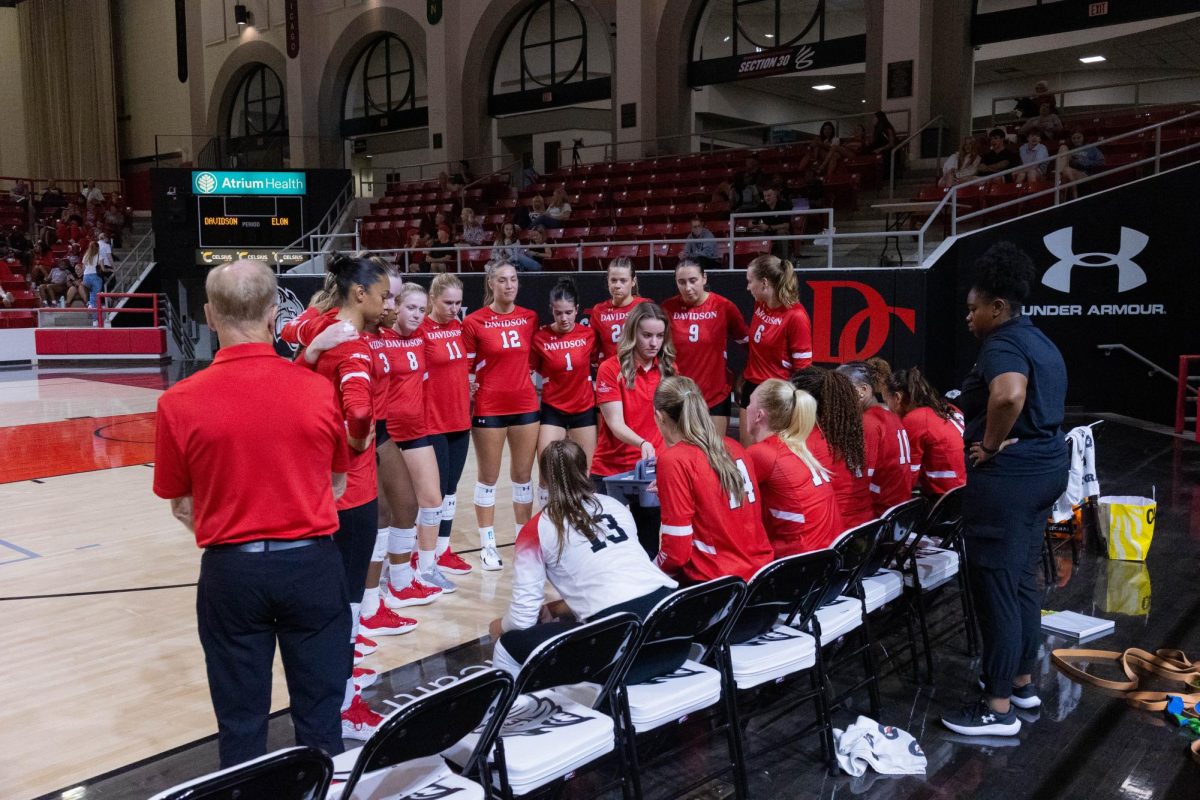
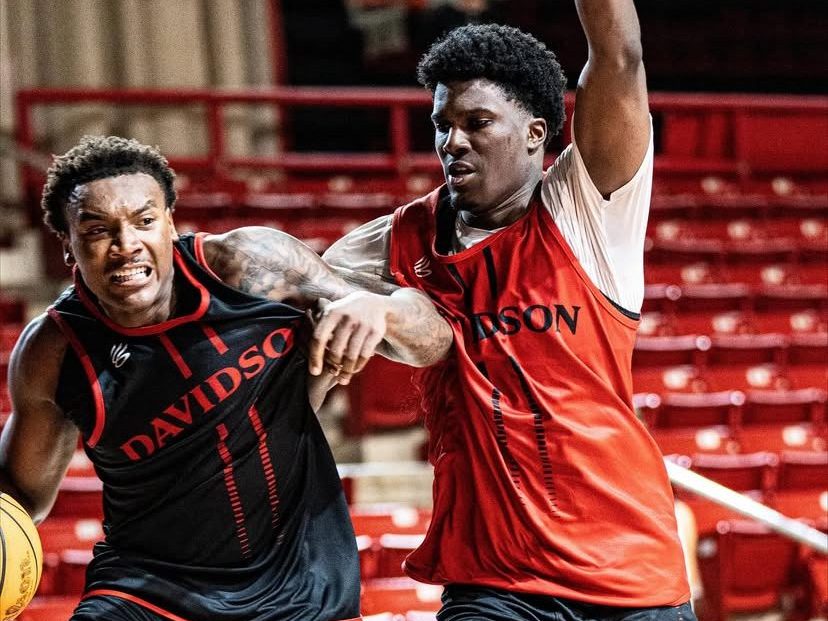
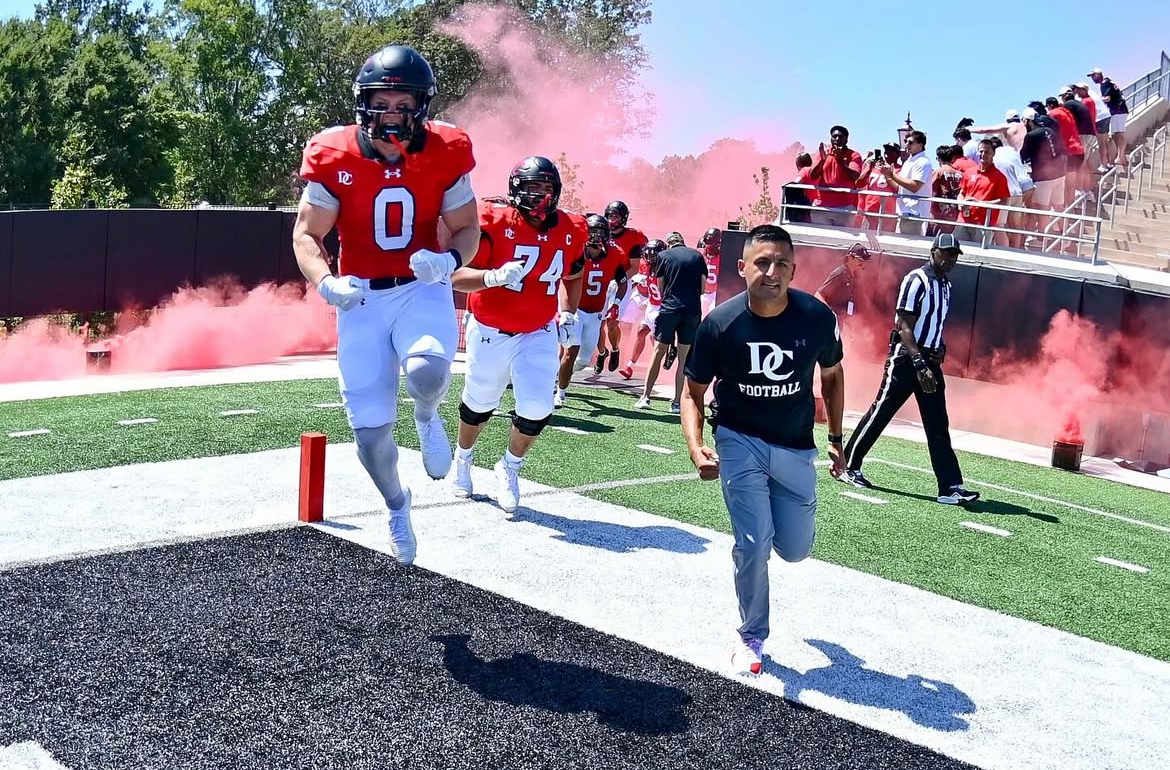





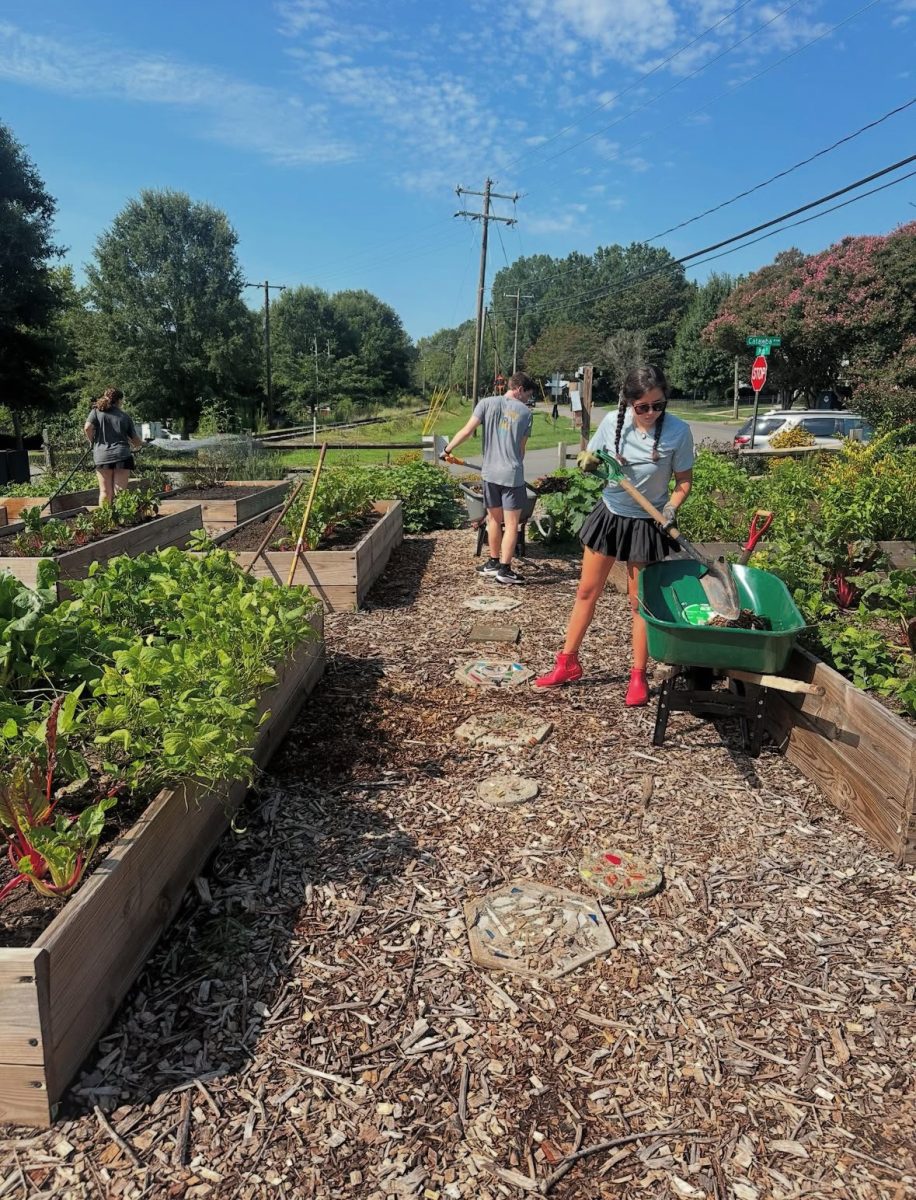

jj81868 • Mar 5, 2025 at 9:22 pm
Well said Miriam. Appreciate your honesty. You are perfect in God’s eyes and that’s all that matters